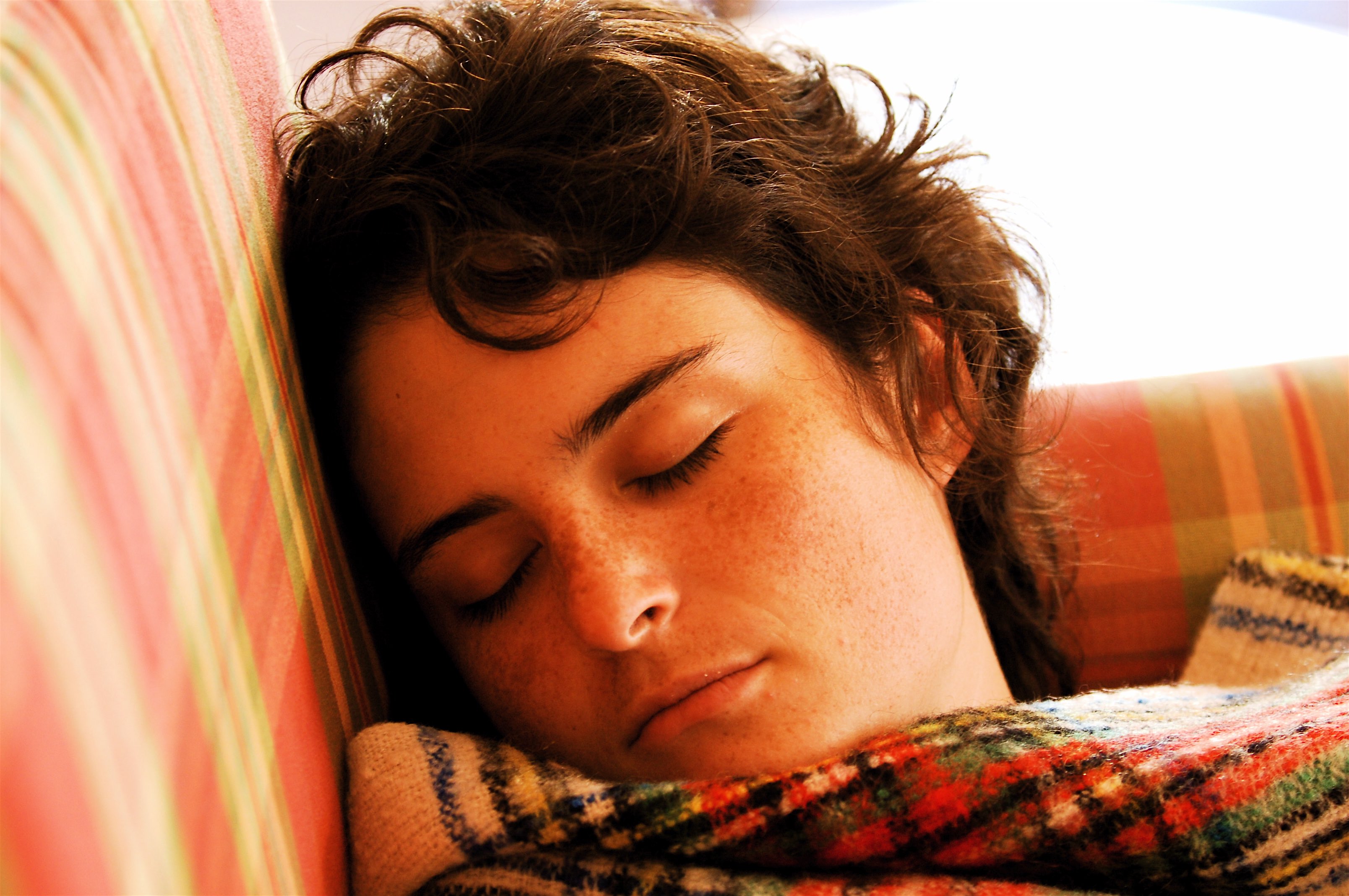Research Explains The Link Between Mental Health and Sleepwalking

By:
In millions of U.S. homes, the creaking floorboards in the middle of the night aren’t from ghouls or ghosts — they’re from people.
Sleepwalking amongst adults is more common than experts previously thought, according to a 2012 study from the Stanford University School of Medicine. Experts estimate that approximately 3.6 percent of U.S. adults — which is about 8.4 million people — are prone to sleepwalking.
 Pedro Ribeiro Simões/Flickr - flickr.com
Pedro Ribeiro Simões/Flickr - flickr.com
RELATED: How You Should Talk About Mental Health
The link to mental health
What’s the likelihood that you’ll find yourself wandering around at night? That depends on a couple of things, and mental health is one of them.
The Stanford study surveyed more than 19,000 people about their mental health, medical history, and medication use.
The researchers found that people with depression were 3.5 times more likely to sleepwalk than people who are not depressed.
People who were dependent on alcohol or who had obsessive-compulsive disorder were also “significantly” more likely to sleepwalk than people who did not.
ALSO: Why We Still Cannot Talk About Mental Illness In The Workplace
Respondents taking selective serotonin reuptake inhibitors (SSRIs), which are often used to treat depression and anxiety, were three times more likely to sleepwalk “twice a month or more” than people who were not taking the medication.
What is sleepwalking?
So what is sleepwalking anyway? It’s formally known as somnambulism, and it’s a behavior that starts during deep sleep. While a person is in this deep sleep, they perform complex behaviors that aren’t just limited to walking around.
RELATED: This Comic Perfectly Explains Why Anxiety and Depression Are so Difficult to Fight
Sometimes, sleepwalkers will sit up, look around in bed, and then go back to sleep. Others will walk around the room or throughout their house, drive long distances, or even perform potentially dangerous acts like jumping out of windows.
Why is it dangerous?
When sleeping, the brain is both in deep sleep and partially awake. The person experiencing the episode has no conscious awareness of actions, according to the American Academy of Sleep Medicine.
In a separate 2012 study published in the journal Sleep, almost one fifth of sleepwalkers surveyed experienced bruises, nose bleeds, and fractures.
Sleepwalking is a "serious condition" that may induce behaviors that are violent, causing injury to the sleepwalker and other bed partners, the study concluded.
It also found that sleepwalking was associated with excessive daytime sleepiness, fatigue, and psychological distress.
“Sleepwalking is an under-diagnosed condition that may be clearly associated with daytime consequences and mood disturbances leading to a major impact on quality of life,” said Yves Dauvilliers, MD, PhD, the study’s principal investigator. “The burden of sleepwalking in adults needs to be highlighted and emphasized.”
Mike Birbiglia, a well-known comedian, has talked openly about his struggles with sleepwalking.
"About seven years ago, I started walking in my sleep," Birbiglia recounted. "It's like one of these stories where [people] black out drinking and end up in Idaho and don't know where they are...but it was in my own living room." Birbiglia fell from a bookshelf while sleepwalking in his apartment, but decided to not see a doctor for it.
Then, while sleeping at a hotel, he jumped through a second floor window, which put him in the emergency room.
"I decided to jump out the window in my dream," Birbiglia recounted. "And, as it turns out, in my life."
Listen to him tell the story below:
ALSO: The Difference Between a Personality Quirk and a Psychological Disorder
To get connected with a mental health professional who may be able to help you or someone you know with sleepwalking and the various causes of it, utilize the psychologist locator provided by the American Psychological Association (APA).
